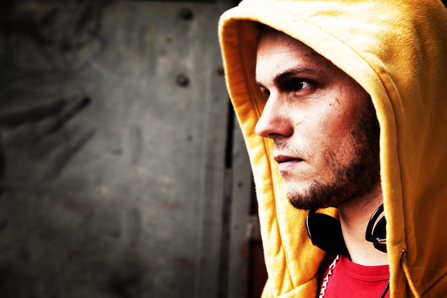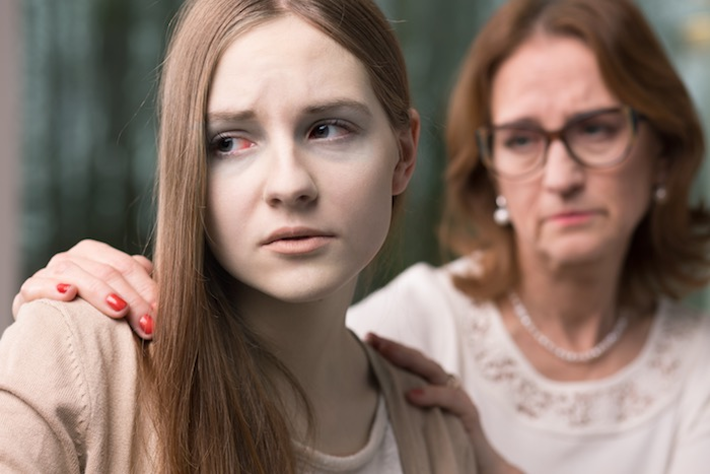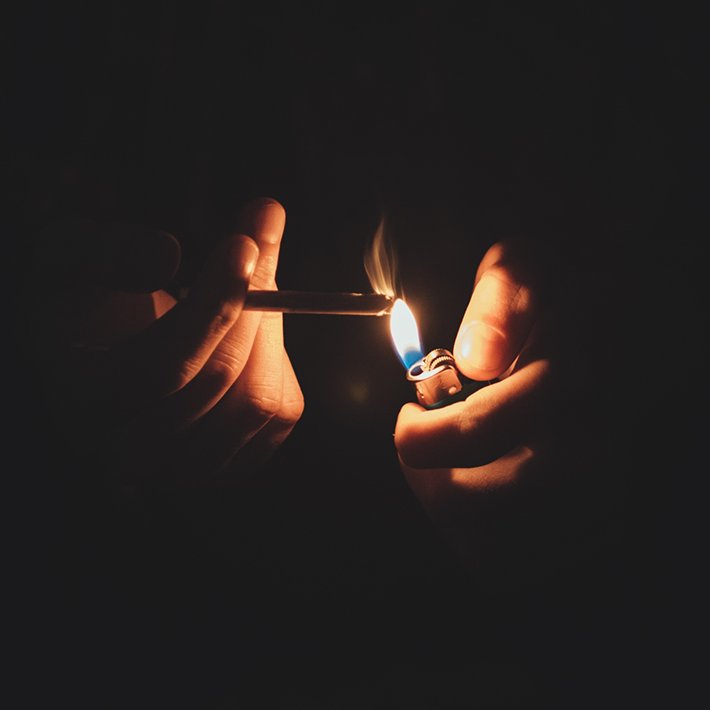Identifying Drug Use Could be #1 Parenting Skill of the Future
It’s a story that has played out far too often: A teenager dies of an overdose but the family is utterly blindsided. “He never used a drug before!” says his mother. Maybe—maybe not. It’s possible it was his first drug use because some people do initiate their drug use with pills and a few start with heroin. Either type of drug can kill you the first time you try it, as can inhalants.
But it’s far more likely that these parents missed the subtle signs of drug use by their teen. When young people stray from the lessons their parents taught them, they keep their secrets. As our epidemic of drug use, addiction and overdose deaths grows ever more desperate, knowing the early signs of drug use could be one of the most vital and valuable parenting skills.

Here are some guidelines to help you get started.
- Don’t assume your child is too young. Fourth-graders have been found on school campuses with marijuana or pills. Inhalant use often starts when a child is still in single-digit years.
- There are far more drugs on the illicit market now than when you were growing up—literally hundreds more. Get very familiar with the drugs your children could be offered and the signs of their use. You can find guides to the effects of drugs on the Narconon International website. Use this resource to study the signs you need to able to recognize. And then, work out a plan of what you will do if you see these signs. Otherwise, when you spot them, you may freeze up or lash out angrily, neither of which will make things better.
- Realize that if your child uses drugs, he (or she) is going to do it as far as possible from your view. He is likely to wait until he’s come down off the high before he comes home or may work out other ways of evading you—like climbing out his window in the middle of the night. You may have to rely on indirect signs that drugs are being used (see below for these signs). When a young person begins to use drugs, his life begins an unavoidable shift, even if he tries desperately to keep his secrets. Yes, some of these changes can occur even if a young person is not using drugs, as he or she struggles to deal with the challenges of adolescence. Be attentive—be vigilant—but never be naïve.
- Educate yourself on the places drugs can be stashed in a child’s room. You can use this article to get you started. If you do find substances, don’t fall for the excuse that “It’s not mine, someone gave it to me to carry.” This is another time to refuse to be naïve.
Indirect Signs of Drug Abuse
As a child gets more involved in events outside the home, it’s quite possible his relationship with his parents will begin to shift. Some of the changes of adolescence are natural and others are red flags indicating substance abuse. It’s not easy to tell the difference. Essentially, if you see the quality of his life begin to fall, no matter what excuses are offered, you need to look much closer at the possibility of secret drug use.
Here’s what you might witness:

- Less communicative, more secretive
- Bursts of anger and counter-accusations if she’s questioned on activities or whereabouts
- Isolation, not wanting to attend family events, locking herself in her room
- Escalating demands for privacy for herself, her activities, her room and possessions
- More illness, nosebleeds, claims of allergies, nausea, stomach aches, headaches, sniffles, irritated eyes
- Changes in sleeping and patterns—staying up very late, sleeping in late or all day
- Different energy patterns than usual—unusually fatigued and lethargic or hyper and excited
- Unusual health complaints like dry mouth, dry eyes, constipation
- More falls, injuries, bruising or car accidents
- Keeping body or eyes covered
- Emotional changes—more drama, suspicion, anger, grief, apathy
- Changing activities—dropping favorite school or personal projects
- Abandoning personal or educational goals—“It doesn’t matter anymore,” or “I didn’t really want that anyway.”
- Spending far more time away from home
- Switching friends for no apparent reasons
- Poor hygiene, no longer taking care of appearance
You can find a much more complete list of these signs here: Save Your Teen by Spotting Changes that Result from Drug Use.
Realize that these changes happen little by little. It may only be by comparing how things are now to how things were a year ago that you can see how much has changed. You may have to take a deep breath and make the decision to take action even if it makes you unpopular. But in fact, the more unpopular it makes you, the more likely it is that drug use is occurring.
What to Do if You Do See Signs of Drug Use
It’s not the easiest task to get a child to admit to drug use. Of course, you’ll ask but in many cases, it can be easier for your child to make this admission to someone other than parents. Whoever your child is most comfortable and relaxed with and communicates most easily with is a good candidate to bring in to help. Scout leader, sports coach, perhaps a favorite relative who’s only a little older than the child (who’s 100% sober!)—ask them to spend some time with the child. Don’t expect an immediate confession. It might take several hours over a few days. It’s worth the investment of time. Getting to the truth could be the one thing that saves your child from an eventual overdose.
Whether or not to drug test is your choice. If you suspect drug use but you don’t want to administer a drug test at home, bring in your family doctor and ask him or her for help.

If you do find your child is using drugs, it’s going to take far more education and interaction to send him in a drug-free direction. He’s already believed the good things he was told about drugs and doesn’t believe they will harm him or his future—or he doesn’t care. Give him the honest, unexaggerated truth about every drug he might encounter. Help him set his own goals, learn what obstacles he feels stands in the way of those goals and help him work out how to overcome them. Apply discipline and follow it with appropriate monitoring so you can tell if discipline has slipped. And don’t forget that this support will still be needed (maybe more!) when your child goes away to college.
If you’re finding it hard to get the truth, consider having private heart-to-heart talks with your child’s closest friends. Sometimes they know about drug or alcohol use but are reluctant to be the one to tell on their friend. Appeal to their desire to see your child do well in life and not be lost to addiction or overdose. The sooner you can detect drug use and address it, the better.
One more piece of advice: To convince your children that sobriety is really a good idea, you must set a good example for them. Minimize your reliance on prescriptions, keep alcohol use low or non-existent, abuse no illicit drugs yourself. If you’re using marijuana medically, realize that it’s going to be difficult to convince them they will come to harm if they use the drug. Perhaps there are drug-free alternatives for your medical situation.
It’s not an easy task, we admit. But it could be the most vital parenting skill of our era and is worth every minute required to educate and supervise.


 ®
®